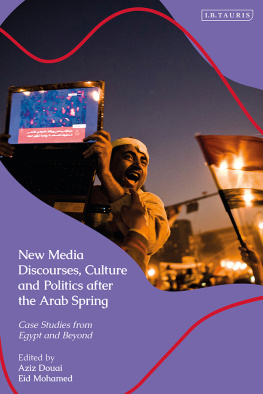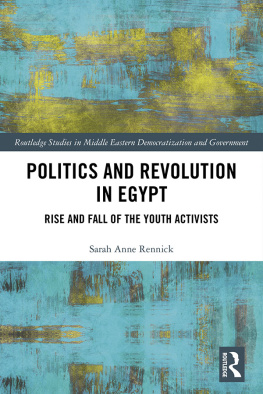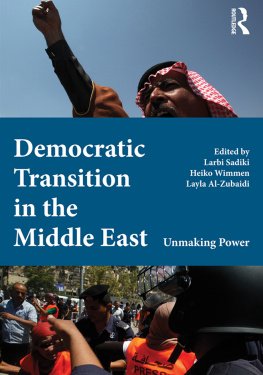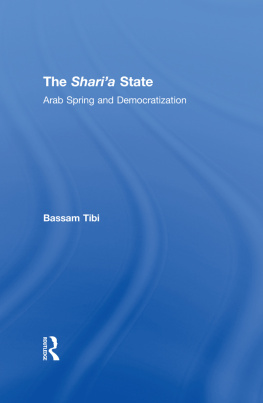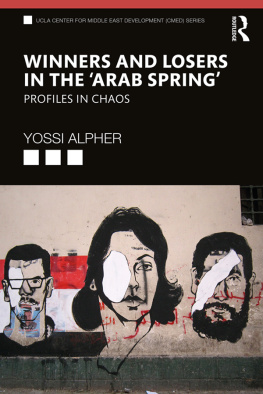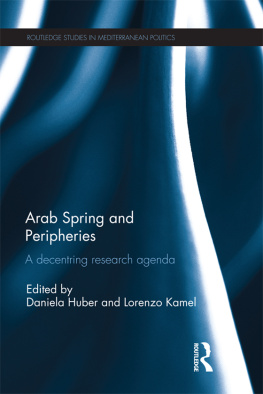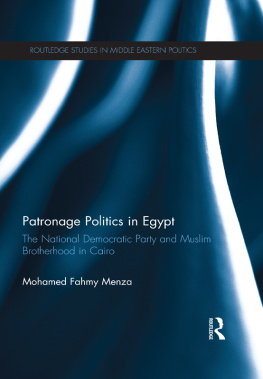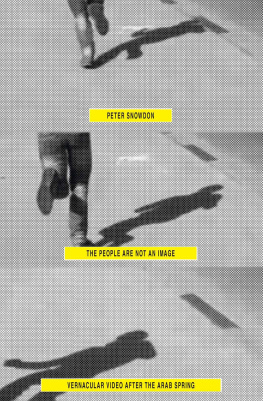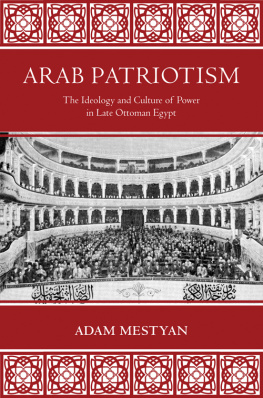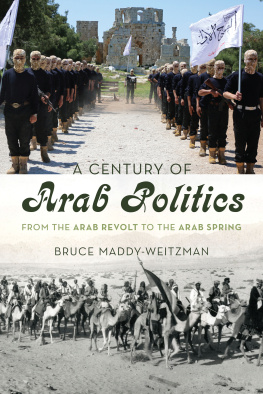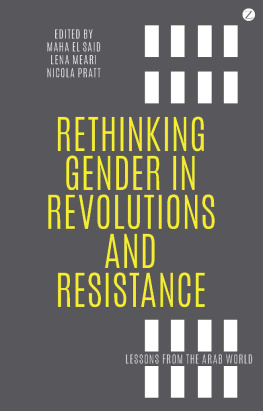Dr Eid Mohamed is Assistant Professor of ArabUS cultural politics at the Comparative Literature Program at Doha Institute for Graduate Studies. Mohamed taught at numerous institutions, including the George Washington University, University of Guelph, Wilfred Laurier University, Sheridan College and State University of New York at Binghamton. Mohameds work is located at the crossroads of several areas of inquiry in USMiddle East studies, literary, media and cultural studies. His recent publications include a sole-authored book on the role of Egyptian cultural and literary producers in mediating critiques of the US power and how one can historicize the Egyptian responses to power as well as the hopes and despairs of the Obama presidency and the Arab Spring (Arab Occidentalism, I.B. Tauris, 2015; and a new paperback edition in 2017), a co-edited volume about the 2011 Egyptian uprising and its aftermath (Egypt beyond Tahrir Square, Indiana University Press, 2016) and a co-edited collection titled Arab Spring: Modernity, Identity and Change (Palgrave, 2019) He has published more than twenty journal articles and book chapters and his work appears in New Media and Society, International Journal of Cultural Studies, Diaspora: A Journal of Transnational Studies, Journal of Refugee Studies, Refuge: Canadas Journal on Refugees, Journal of Islamic and Muslim Studies and many others.
Dr Aziz Douai (PhD in Mass Communications, Pennsylvania State University) is Professor of Journalism and the Dean of the Faculty of Graduate Studies and Research at the University of Regina and currently researches disruptive media technologies and the politics of global media. He has published more than fifty journal articles and book chapters dealing with Arab media and other global communication issues. Dr Douai is the author of Arab Media and the Politics of Terrorism: Unbecoming News (Peter Lang, 2020), and co-editor of Mediated Identities and New Journalism in the Arab World: Mapping the Arab Spring (Palgrave Macmillan, 2016) and New Media Influence on Social and Political Change in Africa (IGI Global, 2013).
Dr. Magdalena Karolak is Associate Professor of Humanities and Social Sciences at Zayed University, UAE. She received her PhD in Linguistics, MA in Political Science, MA in Latin American Studies and BA in French Language. Prior to working at ZU, Dr Karolak held Assistant Professor positions in Bahrain and Saudi Arabia. In 201415, she was an American Political Science Association MENA Fellow. Her research interests include transformations of societies in the MENA region and comparative linguistics. Dr. Karolak has published more than forty journal articles and book chapters on the shifting gender relations, social media, culture and identity, and political system transformations in the MENA countries. She is the author of three scholarly monographs.
Dr. Emad Mohamed is Senior Lecturer in Computational Linguistics & Translation Technology at the Research Group in Computational Linguistics, Research Institute in Information & Language Processing, University of Wolverhampton, West Midlands, England, UK. His research interests include Computational Linguistics, Machine Learning, Translation Technology, Computational Linguistics for the Digital Humanities, Cultural Analytics, Corpus Linguistics, and Arabic. He is especially interested in how computational linguistics can help better the understanding of the Humanities. He finished his PhD in Computational Linguistics at Indiana University in 2010, and he has experience in both the industry and academia. He previously held positions at Carnegie Mellon, UQAM, Nuance Communications and Indiana University.
Dr. Sahar Khamis is Associate Professor in the Department of Communication and Affiliate Professor of Womens Studies at the University of Maryland, College Park. She is an expert on Arab and Muslim media, and the former Head of the Mass Communication Department at Qatar University. She is a former Mellon Islamic Studies Initiative Visiting Professor at the University of Chicago in 2014 and a former Visiting Scholar at the Annenberg School for Communication at the University of Pennsylvania in 2015. She is the co-author of the books Islam Dot Com: Contemporary Islamic Discourses in Cyberspace (Palgrave Macmillan, 2009) and Egyptian Revolution 2.0: Political Blogging, Civic Engagement and Citizen Journalism (Palgrave Macmillan, 2013), and the co-editor of the book Arab Womens Activism and Socio-Political Transformation: Unfinished GenderedRevolutions (Palgrave Macmillan, 2018). She authored and co-authored numerous book chapters, journal articles and conference papers, and she has publications in English, Arabic, German, French and Italian. Dr. Khamis is a frequent international media commentator and analyst, public speaker, radio host and former human rights commissioner.
Dr. Ehab H. Gomaa is Assistant Professor in the Faculty of Arts at the Alexandria University, Egypt, where he has been a faculty member since 2003. Ehab holds PhD in mass communication from Alexandria University, Egypt, and MA in journalism and mass communication from the American University in Cairo. He came to new media and mass communication studies from a sociological background and is working now as Director of the Alexandria University General Center for career development. He is a Ford Fellow, Hiekal Foundation for Arab Journalism Fellow, and was a visitor journalist to Reuters Institute for the study of Journalism, Oxford University, UK. Ehab was a Fulbright visiting scholar to the University of Maryland, USA, and he is an alumnus of Edward R Murrow program for journalists. He has received numerous awards for his academic contributions in journalism and mass communication.
Dina Abdel-Mageed is a PhD candidate at the School of Culture and Communication, the University of Melbourne. She has professional experience in journalism and communication. She received a Master of Digital Communication and Culture and a Master of Arts in media studies (Research) from the University of Sydney. Her research interests include media and politics in the Middle East, social media, Islamophobia and media portrayal of Muslim minorities.
Dr. Grant Bollmer is Associate Professor of Media Studies at North Carolina State University, where he teaches in the Communication Department and the Communication, Rhetoric, and Digital Media (CRDM) PhD Program. He is the author of three books, Inhuman Networks: Social Media and the Archaeology of Connection (2016), Theorizing Digital Cultures (2018) and Materialist Media Theory: An Introduction (2019).
Dr. Mustafa Menshawy joined the Lancaster Universitys SEPAD (Sectarianism, Proxies and De-Sectarianisation) in 2021. His work focuses on Middle East Studies, politics of authoritarianism and strategic narratives. He is the author of State, Memory, and Egypts Victory in the 1973 War: Ruling by Discourse

